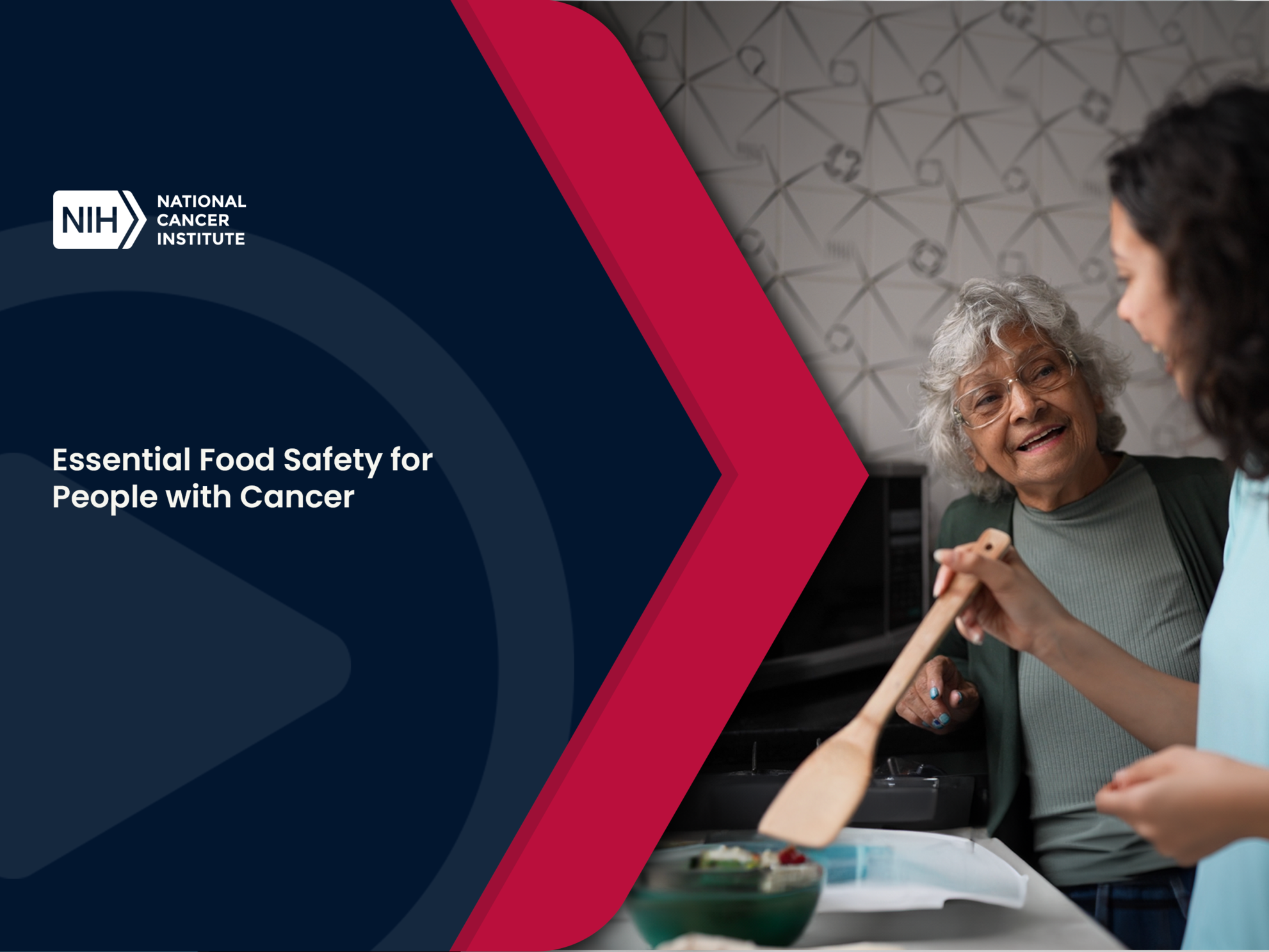An infection is the invasion and growth of germs in the body, such as bacteria, viruses, yeast, or other fungi. An infection can begin anywhere in the body, may spread throughout the body, and can cause one or more of these signs:
- fever of 100.5 °F (38 °C) or higher
- chills
- cough or sore throat
- diarrhea
- ear pain, headache or sinus pain, or a stiff or sore neck
- skin rash
- sores or white coating in your mouth or on your tongue
- swelling or redness, especially where a catheter enters your body
- urine that is bloody or cloudy, or pain when you urinate
Call your health care team if you have signs of an infection. Infections during cancer treatment can be life threatening and require urgent medical attention. Be sure to talk with your doctor or nurse before taking medicine—even aspirin, acetaminophen (such as Tylenol®), or ibuprofen (such as Advil®) for a fever. These medicines can lower a fever but may also mask or hide signs of a more serious problem.
Some types of cancer and treatments such as chemotherapy may increase your risk of infection. This is because they lower the number of white blood cells, the cells that help your body to fight infection. During chemotherapy, there will be times in your treatment cycle when the number of white blood cells (called neutrophils) is particularly low and you are at increased risk of infection. Stress, poor nutrition, and not enough sleep can also weaken the immune system, making infection more likely.
You will have blood tests to check for neutropenia (a condition in which there is a low number of neutrophils). Medicine may sometimes be given to help prevent infection or to increase the number of white blood cells.
Ways to prevent infection
Your health care team will talk with you about these and other ways to prevent infection:
- Wash your hands often and well. Use soap and warm water to wash your hands well, especially before eating. Have people around you wash their hands well too.
- Stay extra clean. If you have a catheter, keep the area around it clean and dry. Clean your teeth well and check your mouth for sores or other signs of an infection each day. If you get a scrape or cut, clean it well. Let your doctor or nurse know if your bottom is sore or bleeds, as this could increase your risk of infection.
- Avoid germs. Stay away from people who are sick or have a cold. Avoid crowds and people who have just had a live vaccine, such as one for chicken pox, polio, or measles. Follow food safety guidelines; make sure the meat, fish, and eggs you eat are well cooked. Keep hot foods hot and cold foods cold. You may be advised to eat only fruits and vegetables that can be peeled, or to wash all raw fruits and vegetables very well.
Talking with your health care team about infection
Prepare for your visit by making a list of questions to ask. Consider adding these questions to your list:
- Am I at increased risk of infection during treatment? When am I at increased risk?
- What steps should I take to prevent infection?
- What signs of infection should I look for?
- Which signs signal that I need urgent medical care at the emergency room? Which should I call you about?

